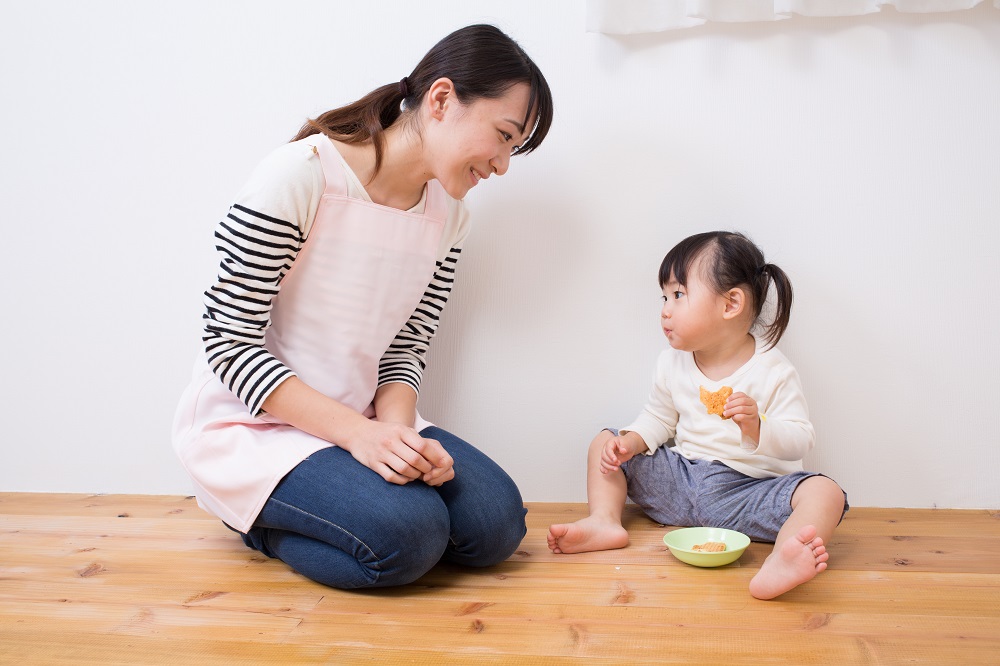Caring Communication
7/8/2016

Communication has been defined as "the act or process of using words, sounds, signs, or behaviors to express or exchange information or to express your ideas, thoughts, feelings, etc. to someone else (Merriam-Webster)." Communication takes place from the time of your birth and throughout your entire life. There are many examples of communication, such as: reading an article on the internet, texting a friend, listening to a lecture, presenting a speech, and countless others. Communication has undergone a rapid change over the last hundred years with the inventions of radio, television sets, telephones, cell-phones, internet, social medias, apps, and more. This change has turned the attention on the communicator; however, communication is for the benefit of the audience. When writing a formal paper, educators and professors encourage us to "Determine your audience." Communicating is a selfless act of sharing one's energy, resources and ultimately the depth of his soul to another. Opening up and being vulnerable with another human being deepens our love and appreciation for relationships that are far beyond the surface relationships of our day.
Effective communication is vital to the teaching profession. Not only do teachers communicate for 8 hours a day in the classroom, but teachers also strive to keep parents informed on the progress of their children. Teachers must be continually practicing and improving our communication skills. During the summer, teachers have the opportunity to reflect on their communication or lack thereof over the previous year. There are several aspects of communication to consider.
Be Proactive! Communication does not happen by accident. Communication is an intentional skill that must be practiced daily. Teachers have thousands of things running through their head and it's easy to let communication fall by the wayside. An easy way to start positive communication flowing would be to send letters to your students over the summer. The letter can introduce yourself to your new students as well as let them know that you are excited to meet them.
Be Patient. It can be frustrating as a teacher to communicate and receive very little feedback. Many students' families lead very busy and complex lives. Parents are taking their children here and there and are involved in every activity possible, that they physically don't have time to respond immediately. Exemplifying patience as a teacher sends the message that you realize the bigger picture and you respect their discernment in the timing of their response.
Be Positive. Teachers are known by communicating bad grades and bad behavior. This communication can often be discouraging to a parent. Though the teacher may have the student's best interest in mind, only sharing negative comments can stifle the relationship between parents and teachers. It is important to share the good AND the bad. Sharing negative information also needs to be handled tactfully. It is best to have a plan for growth or steps for reconciliation in unpleasant circumstances. Teachers need to work hard at keeping a positive tone in all communication. Along with the positive tone is the need to be humble. Communicating can be very difficult; however, having a humble attitude brings all parties to ease and portrays a calm heart. It is imperative to avoid being defensive at all costs. Being defensive tends to come naturally when we are taken by surprise in some way.
Communication characterizes effective teachers. When we communicate, we show others that we care for their souls. Students learn from us as we model good communication and realize their need to be effective communicators as well. Learn more about becoming a teacher.
- Scarcity and Surplus - March 27, 2018
- Character in the Classroom - March 13, 2017
- Being a Team Player - July 29, 2016










